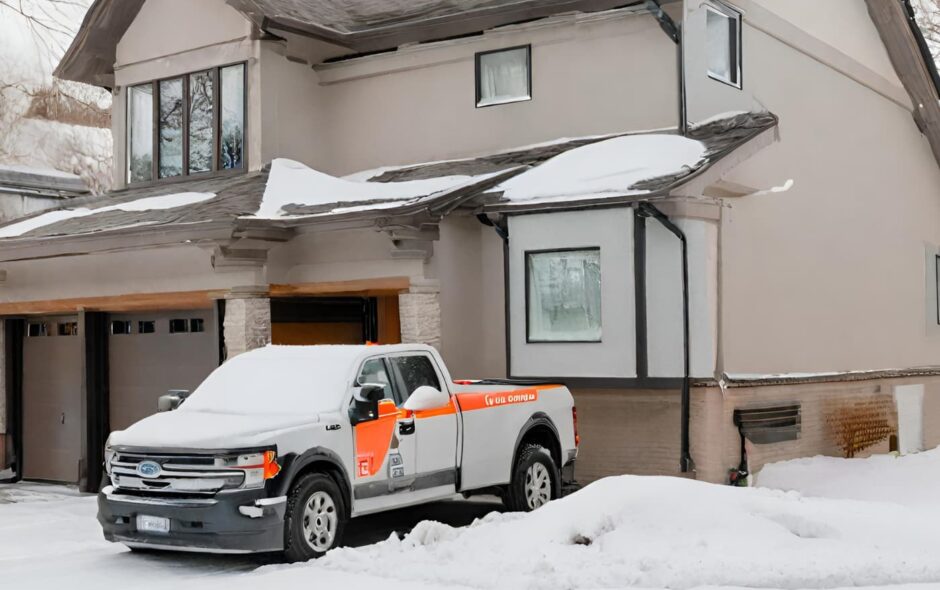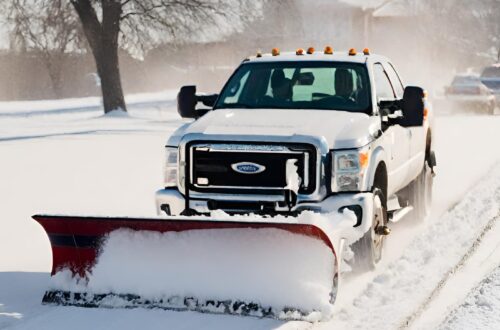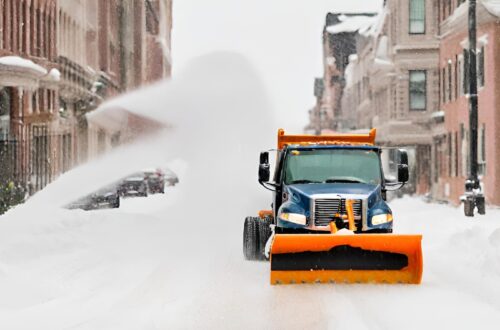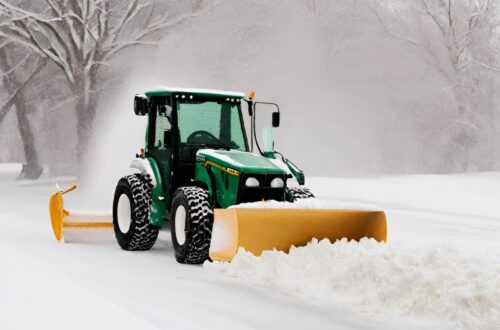A well-structured snow removal contract is your best defense against snow and ice-related challenges. As a property owner or manager, ensuring safe and accessible premises during the snowy months is crucial. To achieve this, you’ll need a reliable snow removal contractor and a well-thought-out agreement. In this guide, we’ll delve into the critical aspects of creating a snow removal contract, from commercial snow removal contract pricing to the finer details that can significantly impact your snow removal cost.
Key Elements of a Snow Removal Contract
Defining the Scope of Services
The foundation of any successful snow removal contract lies in clearly defining the scope of services. It’s essential to leave no room for ambiguity. Specify the areas that need clearing, including parking lots, sidewalks, entrances, and emergency access points. Be detailed about the schedule, outlining the frequency of snow removal, response times during and after snowfall, and the protocol for icy conditions.
When discussing commercial snow removal contract pricing, it’s crucial to delve into specifics. Provide a breakdown of the costs associated with regular services and any additional charges that may apply under specific conditions, such as heavy snowfall. Transparency in pricing helps both parties understand what to expect and ensures there are no surprises affecting your snow removal cost.
Duration and Termination
Contracts should include clear start and end dates for snow removal services. Consider whether you want an automatic renewal clause and the terms for ending the contract. This flexibility allows you to reassess the arrangement if you’re unsatisfied or wish to explore other options. Ensuring that notice periods for termination are well-defined is essential to prevent last-minute disruptions.
Insurance and Liability
Liability issues can surface during snow removal, so it’s crucial to outline insurance requirements in the contract. Your snow removal contractor should carry adequate liability insurance, and your business should be named as an additional insured party. This offers protection in case of accidents or damage that may occur during snow removal operations, reducing potential impacts on your snow removal cost.
Performance Metrics
Setting clear performance metrics is vital. These metrics may include requirements such as ensuring all areas are cleared within a specified time frame after snowfall ends or achieving a particular level of de-icing effectiveness. Including these metrics provides a basis for measuring the contractor’s performance and holding them accountable.
Legal Considerations and Dispute Resolution
Navigating the intricacies of commercial snow removal contract pricing and legality may require legal counsel. Consult with experts to ensure your contract complies with local laws and regulations. They can provide guidance on specific clauses and terms to protect your interests. Additionally, consider including a dispute resolution mechanism in your contract. Mediation or arbitration can prove more cost-effective and less time-consuming than going to court should disputes arise.
Avoiding Common Pitfalls
Ambiguity and Vagueness
One of the most common pitfalls in contract drafting is the use of ambiguous language. Ambiguity can lead to misunderstandings and disputes that could have been easily avoided. Instead of vague terms, be as precise as possible. For example, instead of stating “snow removal will occur promptly,” specify “snow removal will commence within two hours of snowfall cessation.”
Lack of Emergency Response Plan
Winter can bring unpredictable weather, leading to emergency situations. Your contract should address how the contractor will respond to such events. Include provisions for handling excessive snowfall or ice buildup that threatens safety. Having these provisions in place ensures you are prepared when unforeseen circumstances arise.
Failure to Address Environmental Concerns
Consider the environmental impact of snow removal. Include provisions for eco-friendly practices, such as limiting the use of salt and employing environmentally friendly de-icing materials. These practices not only align with sustainability goals but also reduce long-term costs and contribute positively to your snow removal cost.
Finalizing the Contract
Before finalizing your commercial snow removal contract pricing, review the document thoroughly. Have your legal counsel or a contract specialist look it over to identify any potential issues or areas of improvement. A well-vetted contract reduces the risk of misunderstandings and legal disputes.
onclusion
A carefully crafted snow removal contract is your key to a successful winter maintenance partnership. By specifying the scope of services, addressing pricing and costs, and avoiding common pitfalls, you can ensure a smooth and efficient snow removal process. Remember that investing time and effort into your contract upfront can save you a considerable amount in snow removal costs and potential legal fees in the future. Properly structured contracts help you manage snow removal costs, ensure quality service, and provide peace of mind during the winter months.




